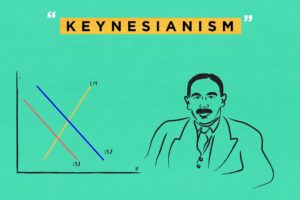Lesson 9 Lesson 9: Keynesianism and the Limits of Economics
Presented by: Dr. Anne Rathbone Bradley
George Mason University
Keynes, Hayek, and the World as It Is
Contemporary progressives is based on a strong faith in social and scientific progress. Hayek believed this was a fatal flaw. What if economic science fails the positivist test of making better and better predictions? But as we have learned in this course, “economic variables” are but one dimension of complex social, moral, and even spiritual realities. Keynes was right that “soon or late, it is ideas, not vested interests, which are dangerous for good or evil.” In this lesson, students will learn some enduring insights from both economists.
Key Concepts: (1) Keynesianism, (2) Complex Phenomena, (3) Scientific Progress, (4) Pattern Prediction

Learn More
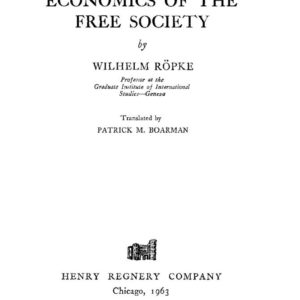 PDF
PDF
Wilhelm Röpke, “The Impact of Keynesianism,” Economics of a Free Society (Libertarian Press, 1994), pp. 232-40.
Read Now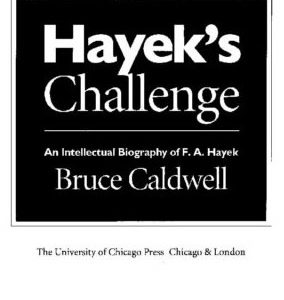 PDF
PDF
Bruce Caldwell, Hayek’s Challenge: An Intellectual Biography of F.A. Hayek, Chapter 15, “Epilogue: A Meditation on Twentieth-Century Economics,” pp. 370-405.
Read Now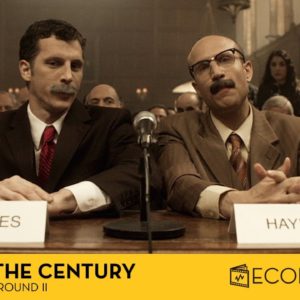 Video
Video
“Keynes vs. Hayek Rap Battle Round Two: Fight of the Century” with John Papola & Russ Roberts
Watch Now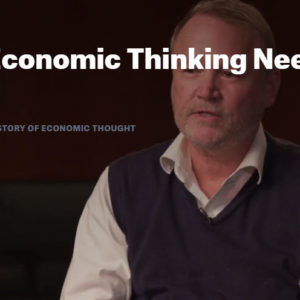 Video
Video
“New Economic Thinking Needs Old Ideas” with Bruce Caldwell, Institute for New Economic Thinking and Duke University
Watch Now
